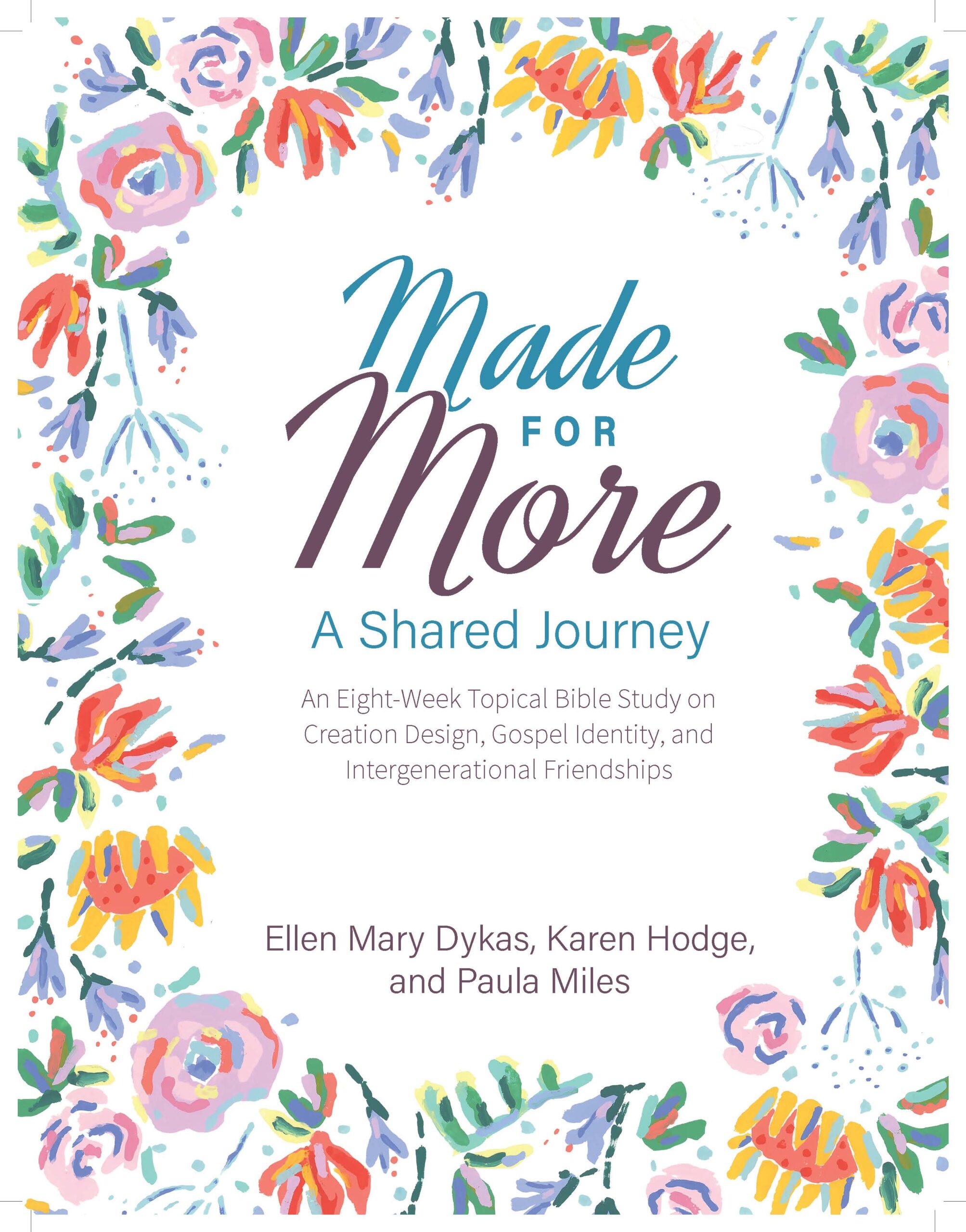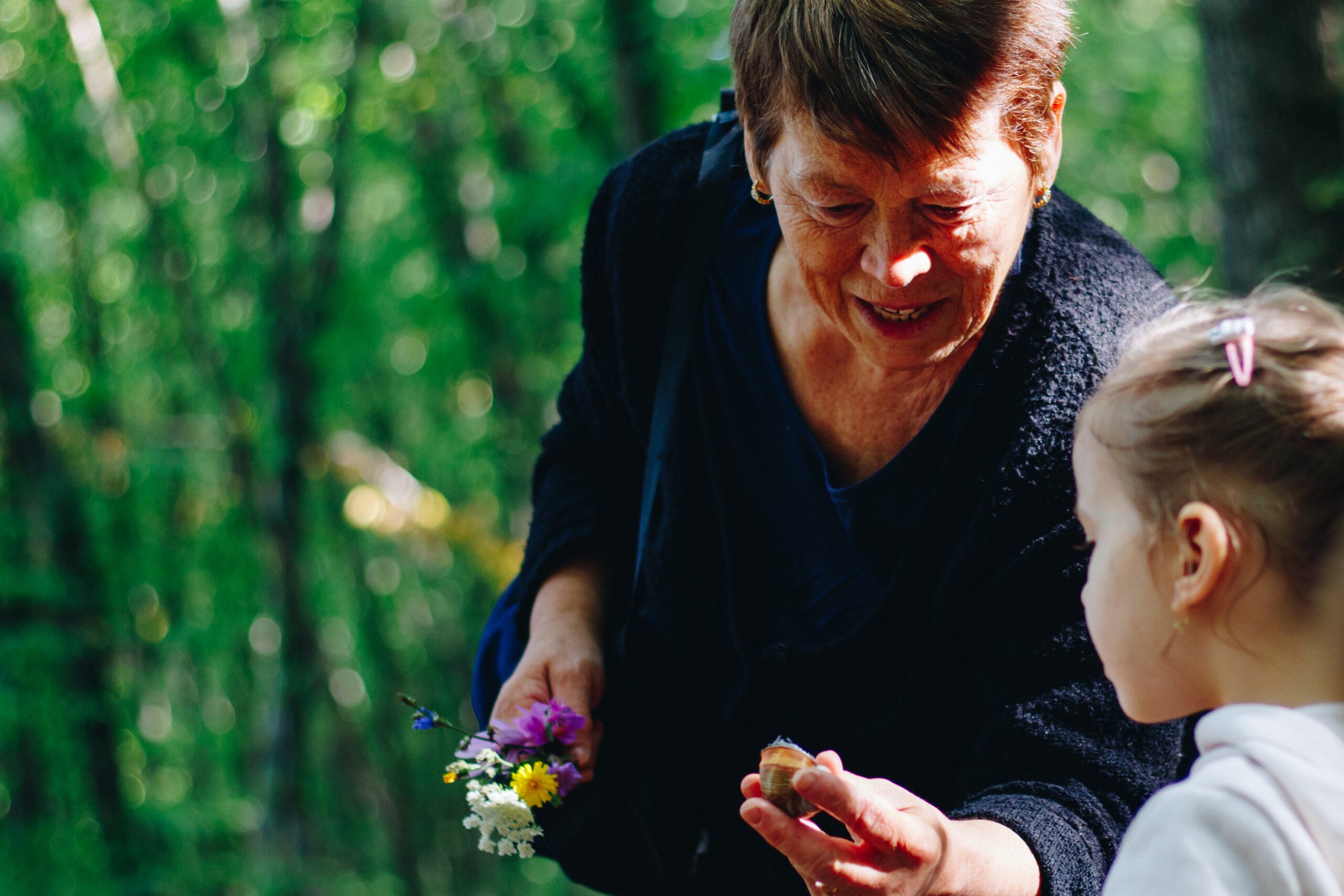Grieving as a Couple: Infant and Pregnancy Loss Awareness
KIM BARNES | CONTRIBUTOR Twenty-two years ago, I was twenty-three weeks pregnant with our third child. During a routine check-up, my obstetrician discovered that our baby’s heart wasn’t beating. We were heartbroken. That evening, I was admitted to the hospital to induce labor, and by the next morning, I delivered our stillborn baby girl—Hannah. She was tiny, but fully formed. There were no visible problems—nothing to explain what had gone wrong. God had numbered her days. My husband and I held her in our arms, said our goodbyes, and felt the anguish of never getting to know her this side of eternity. The following summer, we were overjoyed to learn I was pregnant again. It felt like a miracle after the four years of infertility we experienced before our first child was born. But this pregnancy, our fourth, was marked by both joy and apprehension. We were deeply grateful but also carried the scars of our previous loss. One day, while twenty-six weeks along, I felt anxious. The baby’s movements seemed less frequent, but I assumed it was just my grief from losing Hannah making me overly cautious. I decided to visit the doctor, hoping for reassurance, but it wasn’t the news I hoped for. The next day, I delivered another stillborn baby girl. We named her Charity. The weight of grief was unbearable—we couldn’t believe it was happening again. In the United States, 1 out of every 4 pregnancies ends in miscarriage, and 1 in every 160 pregnancies ends in stillbirth. October is Infant and Pregnancy Loss Awareness Month, and it is also the month we lost our baby, Hannah. It’s a time for remembrance, reflection on God’s faithfulness, and considering what we learned through these tragic losses...










